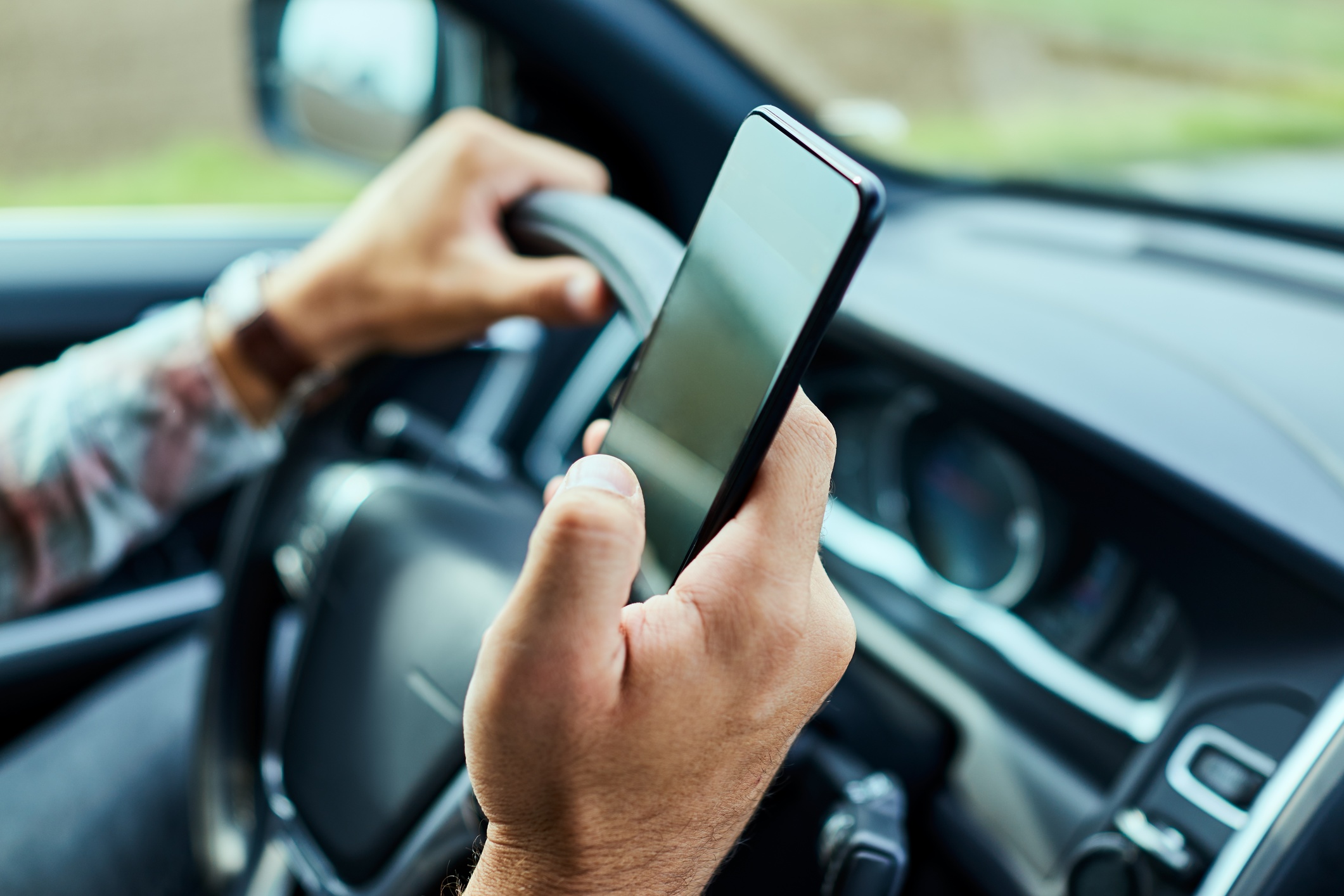Taxes are a government strategy to control the masses.
They are designed to rein in our bad behaviours by making them costly, but they also create a river of gold for the government coffers.
An inalienable truth is that our government relies on our vices to pay its bills.
They need us to keep gambling, smoking and boozing or their books would fall into the red. They need us to break laws to adequately fill their coffers.
It seems unconscionable.
To avoid the sting at the cash register, people find workarounds.
Remember when the government felt the best way to deter youngies from binge drinking was to tax the wazoo out of so-called alcopops? It just meant drinkers went for straight spirits (much cheaper) and did their own reckless mixing.
Where nicotine products are concerned, the high tax approach has simply built a booming black market.
The Australian Association of Convenience Stores say illegally imported cigarettes now account for 40 per cent of the market, and as many as 92 per cent of the still-pervasive vapes in the country are illegally sourced.
Now it has been revealed that taxing smokes to the hilt has created a steady source of income for fierce and violent organised crime gangs and made criminals of the poor and the addicted.
Wicked motivation plus spurious action equals terrible outcome.
Taxes have a friend in fines as a favoured government control mechanism.
Ratcheting up the fine for touching your phone while driving ($1209) has whacked offenders harder than a prize fighter.
I know too many who have been snapped at an inopportune moment and been made to pay the hefty price for it.
Even though hands-free map guidance requires a phone nearby, the only sure way to avoid a penalty and a financial whack is to put phones out of sight of the driver and therefore Big Brother’s watchful eyes.

The population’s errors have certainly swelled government coffers.
But are we really okay for this offence to be the same as the penalty for speeding between 30 and 40km/h over the speed limit?
Surely they are not always equitable in the risk of causing harm to others.
Taxes and fines are designed to curtail our behaviour and keep us in line.
But too often they create more problems and pain.
Dr Jane Stephens is a UniSC journalism lecturer, media commentator and writer.





